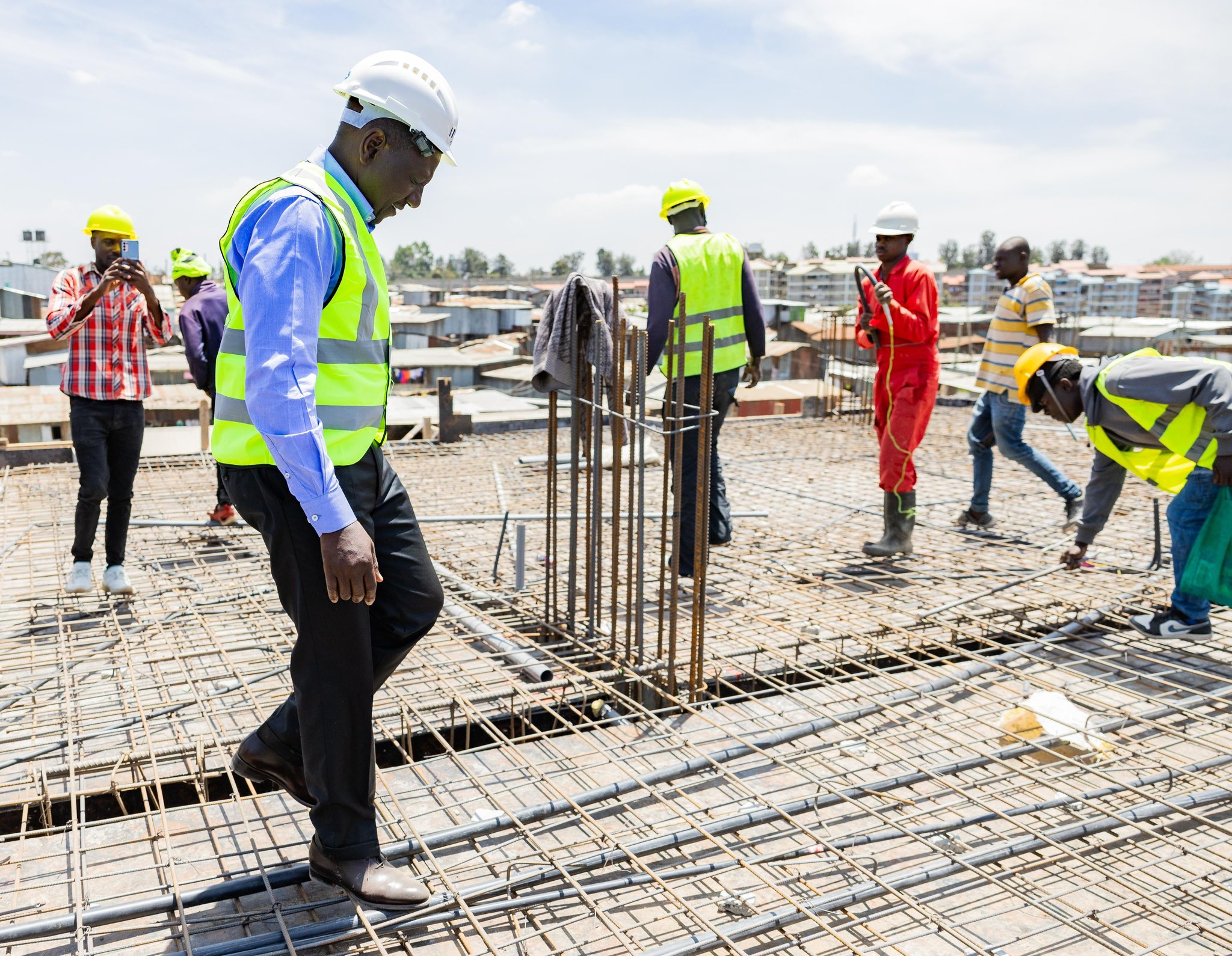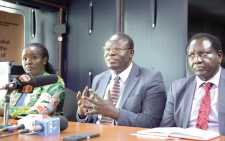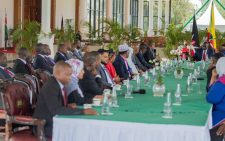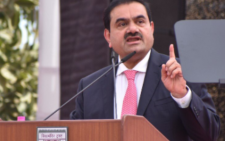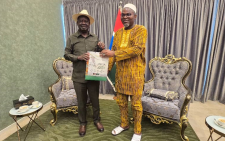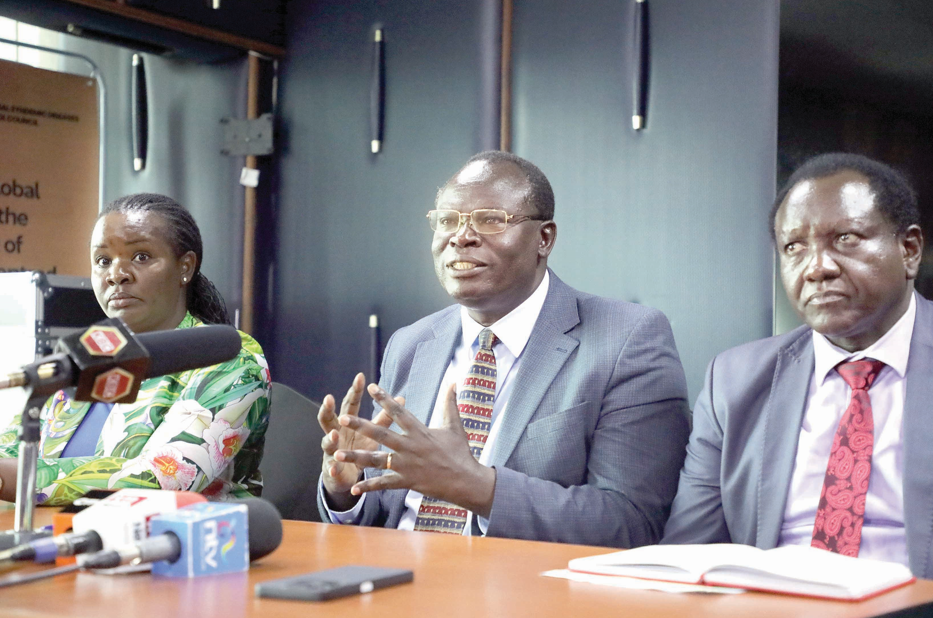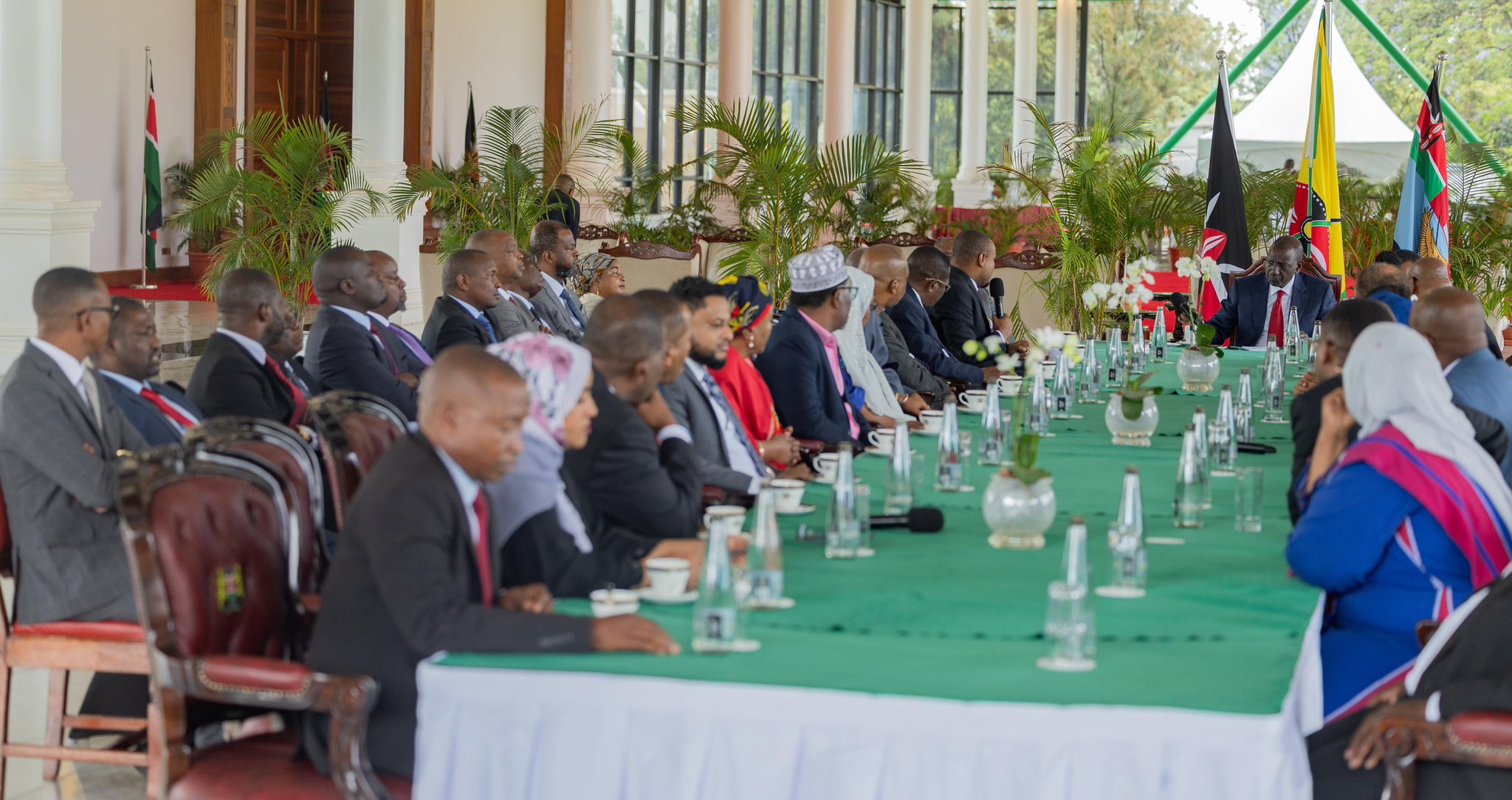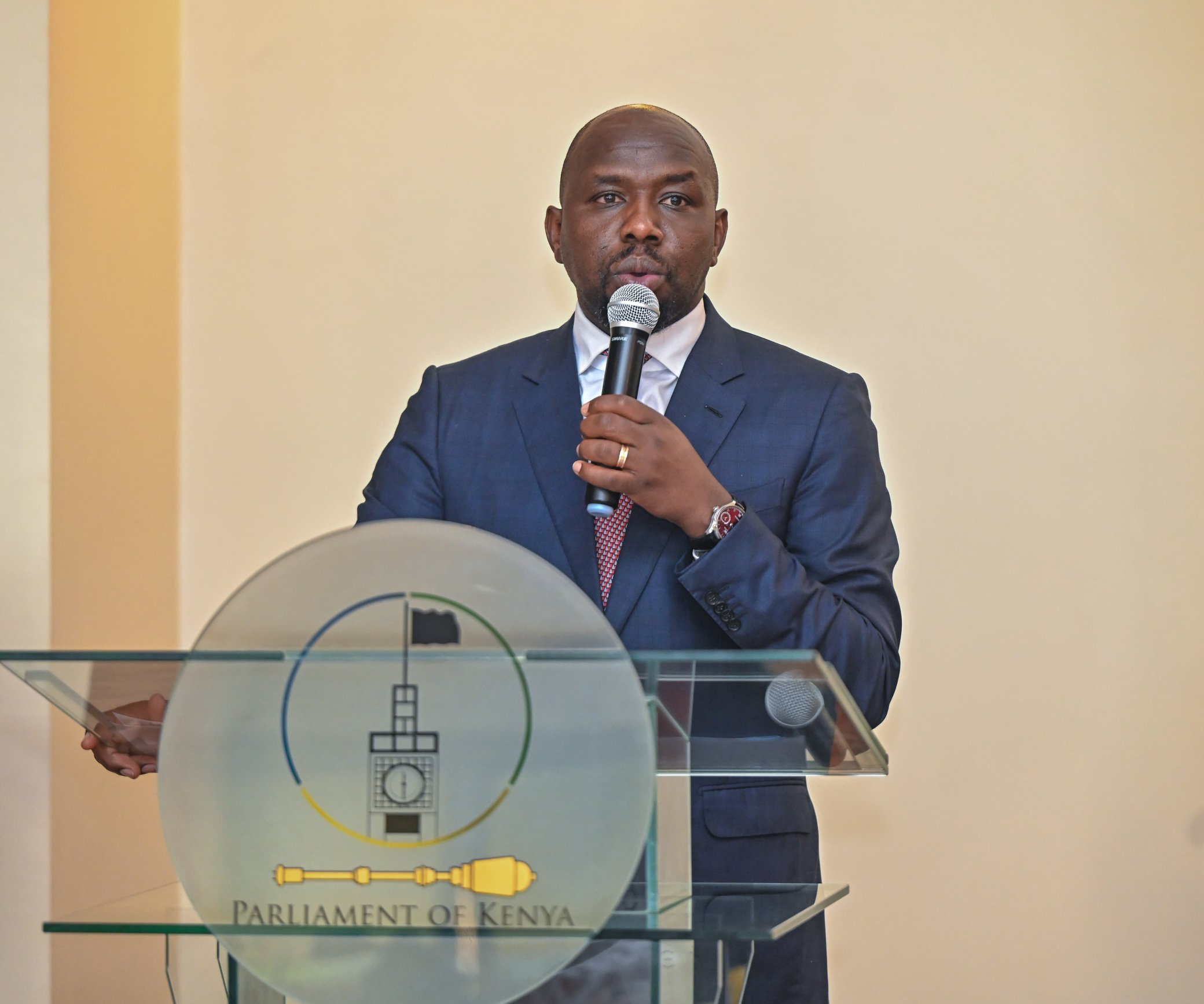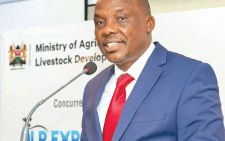The foundation of a dignified life lies in access to basic needs: food, shelter, and clothing. Yet, a 2023 Food Agricultural Organisation report revealed that over 700 million people globally, including about 312 million Africans, are still facing hunger.
Many of these individuals live in slums, enduring poor housing and inadequate access to clean water and proper sanitation.
These challenges are further exacerbated by the devastating effects of climate change. Addressing these issues requires a bold, visionary approach.
During the 2024 State of the Nation address, President William Ruto articulated his vision through the Bottom-Up Economic Transformation Agenda.
This agenda seeks to address pressing challenges such as the high cost of living, education, health, and human rights. The President emphasised four key pillars: fertiliser subsidies to boost agriculture, affordable housing, universal health coverage, and digital transformation.
The fertiliser subsidy programme has reportedly increased food production, with positive impacts on the economy.
The President noted the country’s significant achievements, including an approximate stock of 47 million 90kg bags of maize, 8.8 million bags of beans, 10.4 million bags of wheat, and 2.1 million bags of rice. Revitalisation of the sugar sector has also resulted in surplus production. These are commendable milestones.
However, challenges remain. Concerns have arisen over counterfeit fertilisers that have eroded trust in the programme.
Additionally, the long-term effects of fertiliser use on soil health and water systems need urgent attention. While short-term gains are evident, questions persist about whether fertilisers are being applied efficiently.
Research underscores the importance of soil testing, which should ideally be conducted every three years or whenever crop rotation occurs.
This ensures the efficient use of fertilisers. Consistent soil profiling across Kenya’s ecological zones is vital for sustainable agricultural practices. However, soil testing remains costly for smallholder farmers, who dominate Kenya’s agricultural landscape. Policy interventions are needed to make this process accessible and affordable.
President Ruto also highlighted the link between affordable housing and food security. Rapid population growth has led to excessive land fragmentation, diminishing the land available for agriculture.
To address this, the government and communities must prioritise land-use planning, halt further subdivision, and encourage land amalgamation.
This approach will free up space for agricultural activities and reforestation, which are essential for food security and climate change mitigation.
— The writer os a UN global food system Youth Leader and a climate change and food
system policy Communication Consultant

